Dr. Pramod Regmi and Prof. Edwin van Teijlingen (both in the Faculty of Health & Social Sciences) have been invited to join the scientific committee of the International Conference on Mixed Methods Research [ICMMR-2019]. This year’s ICMMR conference will be held in the School of Behavioural Sciences at the Mahatma Gandhi University in Kottayam (India) on February 22-24, 2019. The two BU academics will run an online panel discussion session on academic publishing under the heading “Meet the editors.” The advantage of such online session is that BU academic don’t have to travel to India saving time and money as well as the environment. This has benefits for their own work-live balance as well as their carbon footprint. 
BU focuses its global collaborations on three geographical areas, one of these is the Indian sub-continent. Connect India is BU’s strategic Hub of Practice for the Indian sub-continent, bringing together a community of researchers, educators, practitioners and students at Bournemouth University to collaborate with colleagues in India and Nepal.


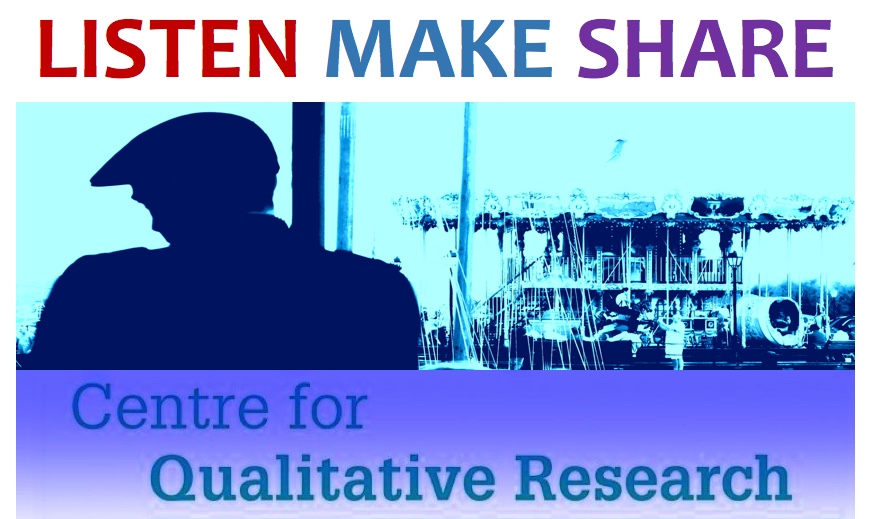
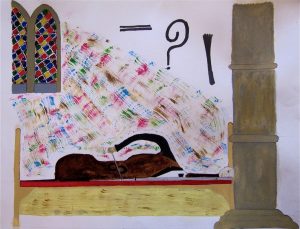 Dr Caroline Ellis-Hill from the Centre for Qualitative Research
Dr Caroline Ellis-Hill from the Centre for Qualitative Research 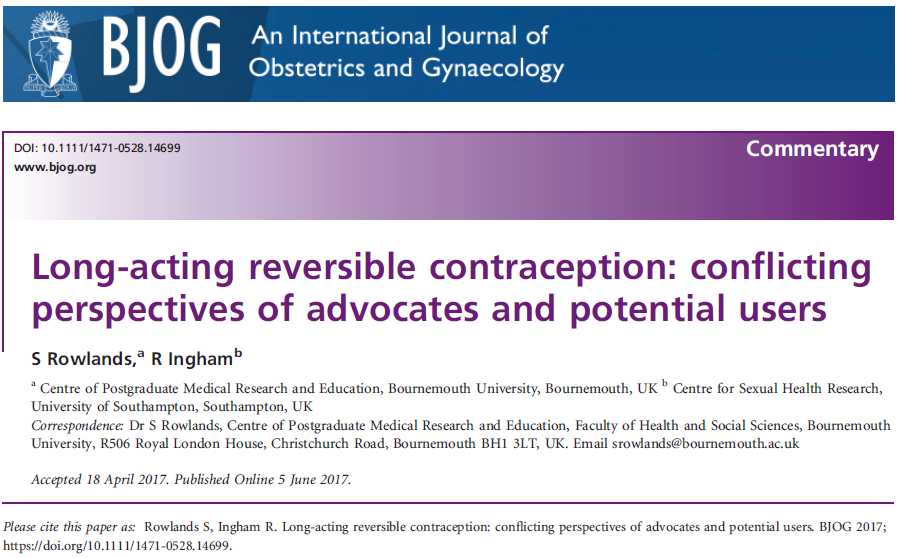
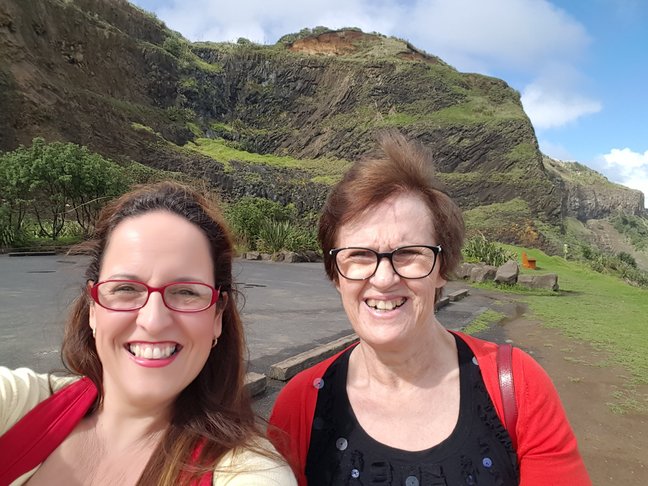 I am here as part of my
I am here as part of my 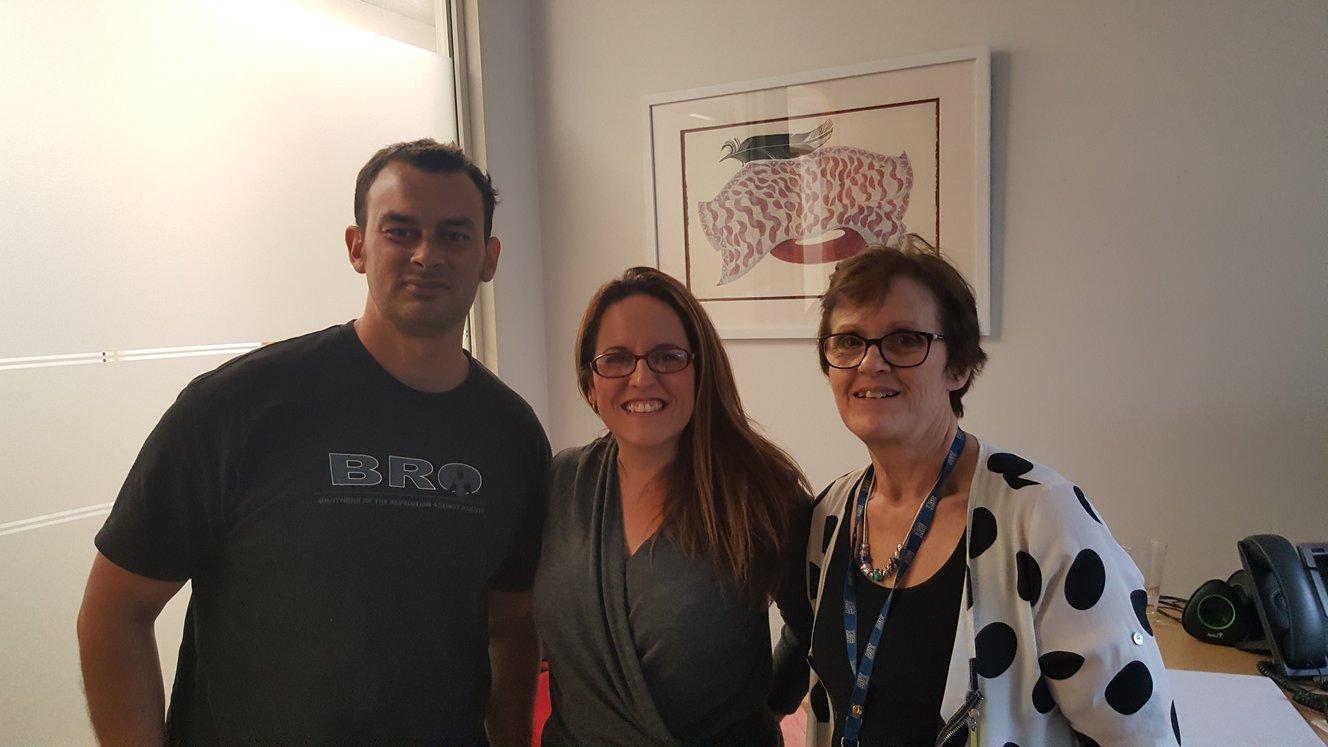 Needless to say this experience is the start of some brand new friendship and international links, indeed I am already working on a bid and a paper! I also have plans for two more co-authored papers that will develop over the next few months…watch this space!!
Needless to say this experience is the start of some brand new friendship and international links, indeed I am already working on a bid and a paper! I also have plans for two more co-authored papers that will develop over the next few months…watch this space!!


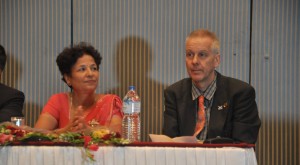











 Second NIHR MIHERC meeting in Bournemouth this week
Second NIHR MIHERC meeting in Bournemouth this week Dr. Ashraf cited on ‘Modest Fashion’ in The Guardian
Dr. Ashraf cited on ‘Modest Fashion’ in The Guardian NIHR-funded research launches website
NIHR-funded research launches website MSCA Postdoctoral Fellowships 2025 Call
MSCA Postdoctoral Fellowships 2025 Call ERC Advanced Grant 2025 Webinar
ERC Advanced Grant 2025 Webinar Horizon Europe Work Programme 2025 Published
Horizon Europe Work Programme 2025 Published Horizon Europe 2025 Work Programme pre-Published
Horizon Europe 2025 Work Programme pre-Published Update on UKRO services
Update on UKRO services European research project exploring use of ‘virtual twins’ to better manage metabolic associated fatty liver disease
European research project exploring use of ‘virtual twins’ to better manage metabolic associated fatty liver disease